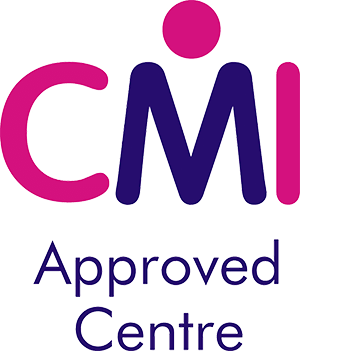Our Programmes and courses
CMBD delivers a wide variety of CMI qualifications, courses, open programmes, bespoke courses and a comprehensive range of management, personal development & business workshops. We also provide a range of courses that can be part funded (up to 60%) by The South Yorkshire Skills Bank. See details of how to check eligibility below or talk to us
